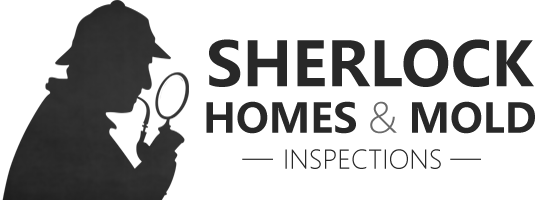What Does Accreditation Mean?
The ACAC operates CESB-accredited and NCCA-accredited certification programs for professionals in indoor air quality and related fields. What does it mean to be accredited?
Third Party Approval
Accreditation is the independent testimony of a third-party observer that an organization’s program is developed and operated in compliance with nationally recognized standards.
The Council of Engineering and Scientific Specialty Boards (CESB), founded in 1991, has established a national reputation for accrediting certification programs in engineering and science-related fields. The National Commission for Certifying Agencies (NCCA), founded in 1989, likewise enjoys a national reputation as an independent accrediting body for professional certification programs.
ACAC offers the only programs dedicated to the field of indoor air quality to achieve CESB and/or NCCA accreditation:
-
The Council’s CIEC program was fully accredited by CESB as an engineering-related designation effective January 1, 2006. The CIEC program was fully accredited by NCCA effective April 25, 2014.
-
The Council’s CMC program was fully accredited by CESB as an engineering-related designation effective October 31, 2006. The CMC program was fully accredited by NCCA effective April 25, 2014.
-
As of 2014, the Council’s CEICC, CEICS, CETC, CIES and CSDS programs are fully accredited by CESB as the engineering-related level.
-
As of 2014, the Council’s CIE, CMI, CMR, CMRS, CEICI, CEICR, CETI, CIER, CSDR, CIAQM, and CRMI programs are all fully accredited by CESB at engineering-technician level.
High Standards
In order to qualify for CESB or NCCA accreditation, a certification program must meet high standards of program operation:
-
It must be administratively independent of other organizations in matters pertaining to certification;
-
Its certifying body must consist of a majority of certified individuals;
-
It must provide the public and consumers with an opportunity for input into its policies and decisions;
-
It must follow strict rules for public disclosure of certification-related activities;
-
It must follow strict rules for test development, evaluation and administration;
-
It must enforce stringent eligibility requirements for all candidates, including (in the case of CESB accreditation) eight years of education and/or field experience for engineering-related designations and two to five years of education and/or field experience for engineering-technician designations.
ACAC offers the only CESB and/or NCCA accredited designations dedicated to the field of indoor air quality. Though its board-awarded designations meet all these requirements and more, the same cannot be said of many other professional certification programs. Other organizations allow office staffers to grant certification in exchange for payment of fees and passing a simple examination based on a mandatory course with limited information. Field experience is rarely required, much less verified. As a result, “instant certifications” from such organizations are nearly worthless when challenged in court.
* The CIEC and CMC programs are dual-accredited by the National Commission for Certifying Agencies (NCCA)
and the Council for Engineering and Scientific Specialty Boards (CESB).
* 18 other ACAC programs are accredited by the Council of Engineering and Scientific Specialty Boards (CESB).
* ACAC examinations are compliant with standards published by APA, AERA and NCME.
* ACAC is a member of the Institute for Credentialing Excellence (ICE), formerly known as NOCA.

Recent Comments